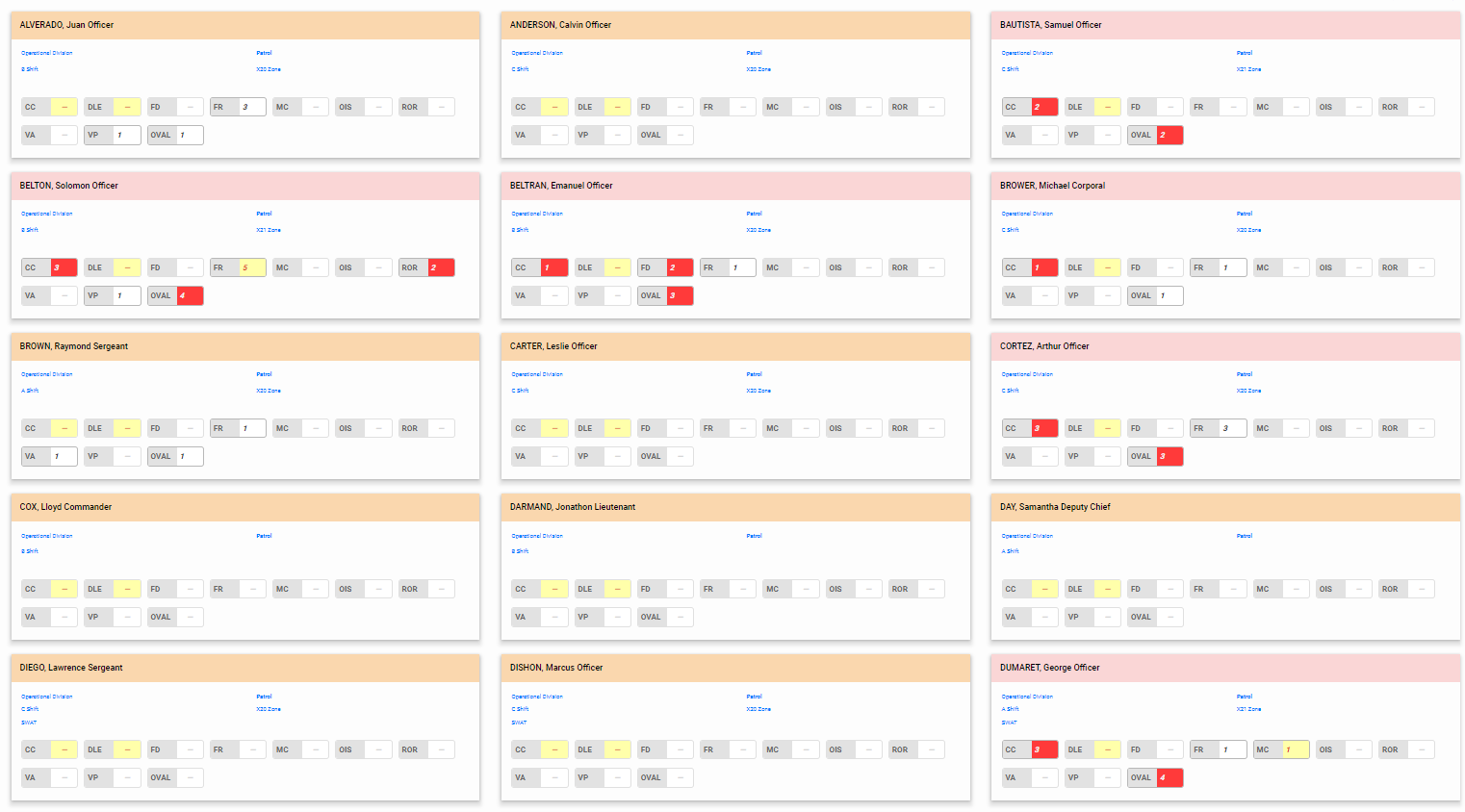Early Intervention
Why Early Intervention?
Often, by the time serious professional misconduct emerges, the only available approach is one that’s investigative and potentially disciplinary in nature. Costly and time-consuming investigations ensue, many leading to difficult decisions with far-reaching impact on individuals’ reputations and livelihoods.
A proactive approach
Instead of waiting for a crisis to emerge, addressing latent problems early can potentially reduce the incidence of more serious problems later on. If detected in its early stages, a problem will tend to be more easily dealt with, and at lesser cost.
Less risk, less liability
Identifying and addressing errant performance early on, before it escalates, holds the promise of reducing liability, mitigating risk, and enhancing the integrity and reputation of the organization, and the entire profession.
Remedial approaches that are supportive, rather than punitive
In dealing with early-stage issues, different remedial approaches are available that can be more supportive than adversarial. Non-disciplinary programs that assist rather than punish have the potential to produce positive outcomes with improvements in performance, behavior and professional conduct.
A key "best practice" for public safety
In recent years, early intervention has become accepted as a "best practice" throughout public safety. Where-ever early intervention programs have been instituted, they have played a critical role in lessening risk, upholding integrity, and supporting professional development.

